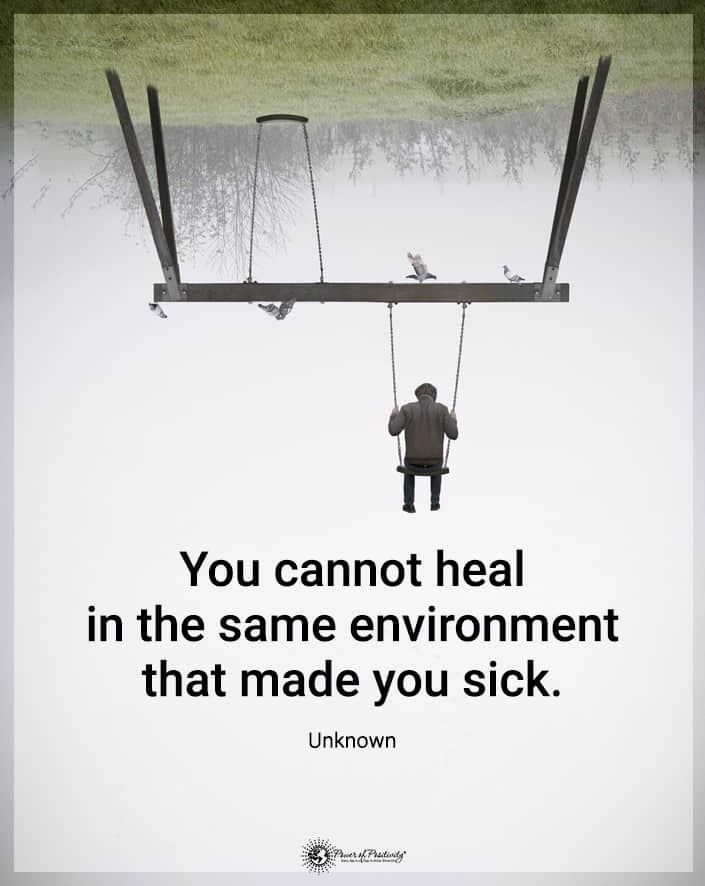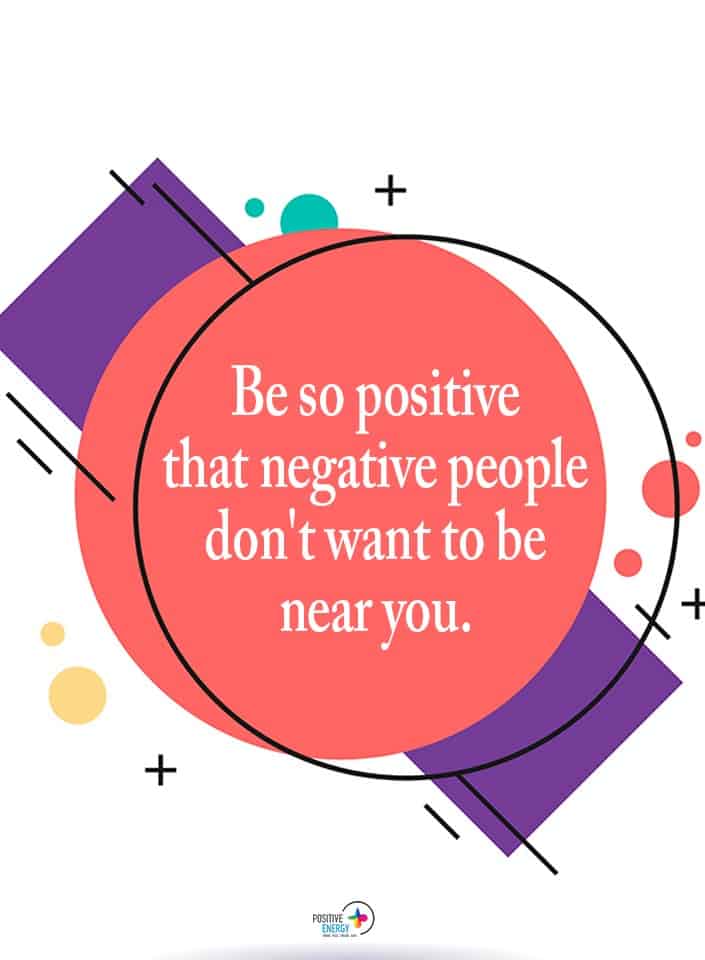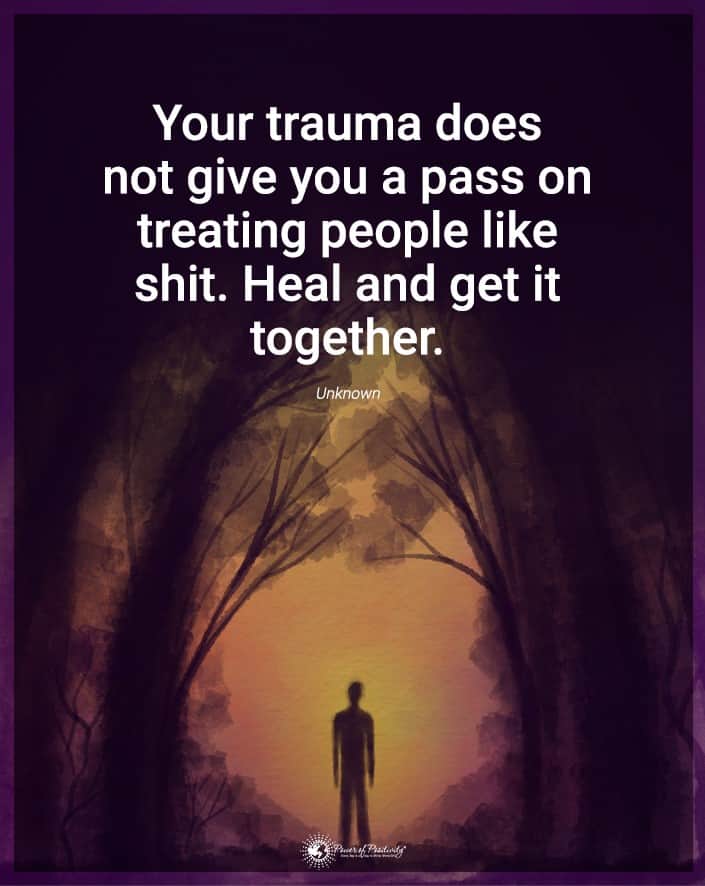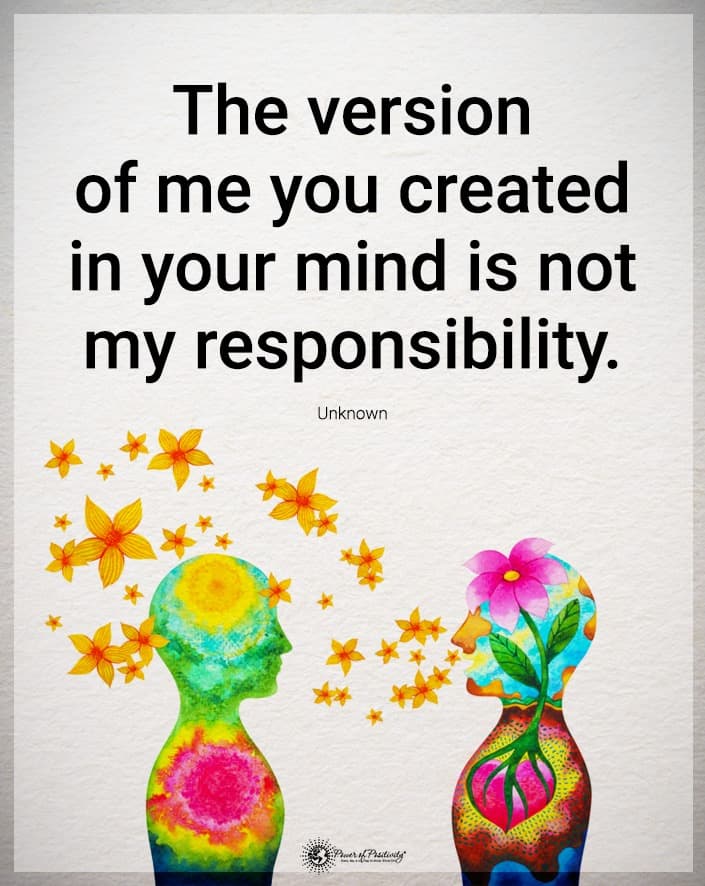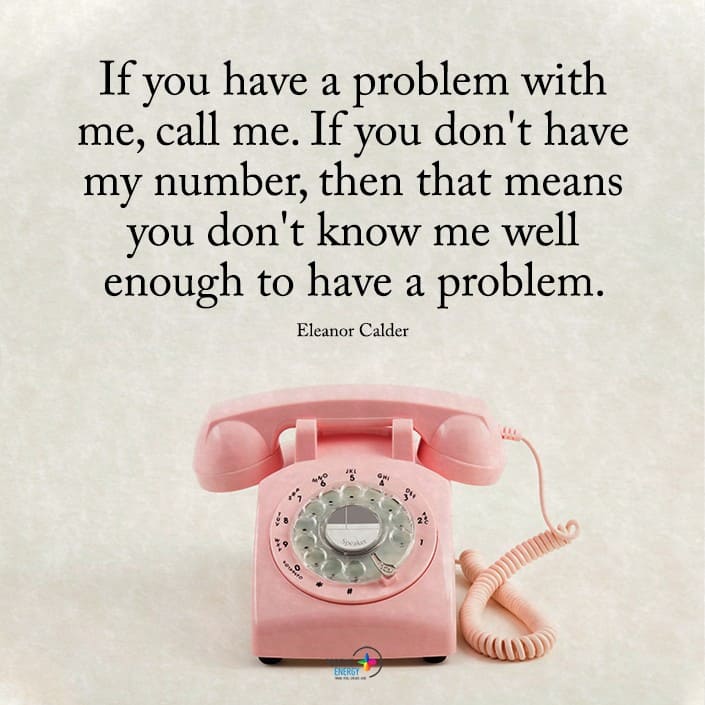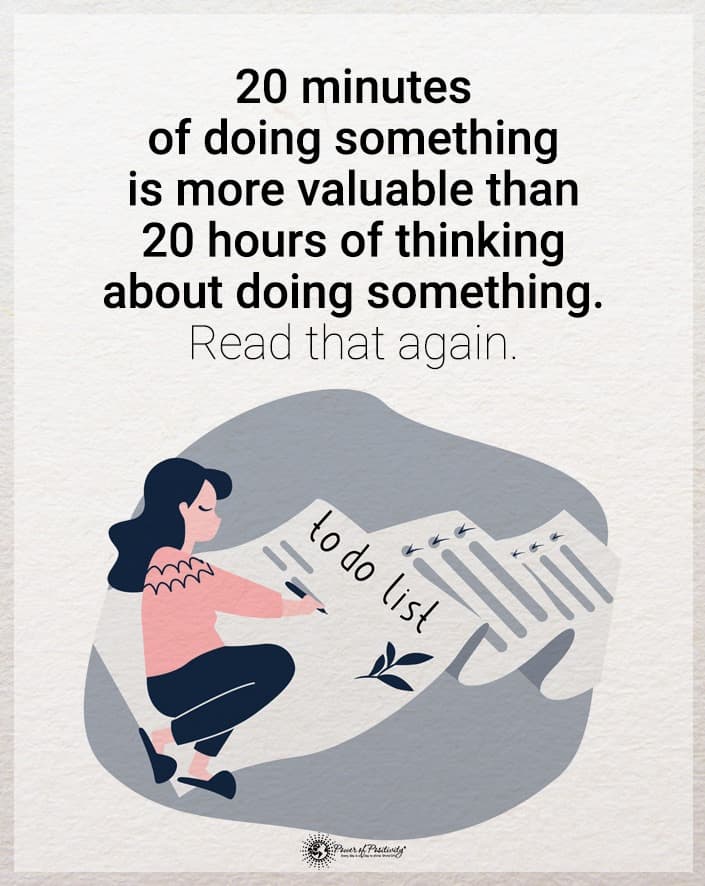Are you where you want to be in life, or do you feel dissatisfied? Maybe you’ve settled for less when you’ve dreamed of being much more. Do you have limiting beliefs that are standing in your way?
Creating your best life depends on attitude and hard work. Although time and chance play a minor role, you’re responsible for achieving your goals. After defining your aspirations, consider if your beliefs are helping or hurting you.
Ten Limiting Beliefs That Hold You Back in Life
Nothing can stop you from being a winner if you’re determined to be one. If you’re at a standstill and lack fulfillment, what’s in your way? Here are ten limiting beliefs that may be holding you back from the happiness and satisfaction you desire and ways to eliminate them.
1. You’re Not Worthy (The Most Damaging of These Self Limiting Beliefs)
Unworthiness is one of the most common limiting beliefs. When you talk with young children, they usually have an invincible attitude. They are sure of their blossoming independence and will remind you that they can do anything themselves.
You were once one of those children until somebody said or did something to crush your self-esteem. Afterward, you began a negative conversation in your mind that made you doubt anything positive about yourself. You may say you’re not intelligent, attractive, or good enough to succeed.
Nobody can define your self-worth but you. Change your negative self-talk into positive affirmations. Stand in front of a mirror each day and remind yourself that you are beautiful, intelligent, and more than enough. You are worthy of having a joyful and fulfilling life.
2. You Can’t Trust Anyone
Just watching a few minutes of the evening news can make anyone feel anxious and paranoid. Do you believe that you can’t reach your goals because you can’t trust anyone for help? Maybe a thoughtless person you trusted hurt you, and you assume everyone else will, too.
Humans are innately social beings, and you need others to be successful. While you should be cautious about whom you trust, not all in your circle are out to hurt you. Sometimes you must take risks in love and when creating your happiness.
3. It’s Everyone Else’s Fault
According to an article published by Psychology Today, blame-shifting is a tactic that some people use to avoid responsibility. If you’ve done or said something wrong, it’s all too easy to point your finger at others. It can also stem from a need to be right all the time, says the article.
Shifting the blame is a limiting belief because it hinders you from owning your mistakes and correcting them. “If it weren’t for them, I could have made it.” Does that sound like a familiar complaint that you have against friends and family?
When you stop blaming others for your shortcomings and mistakes, you can make a change. You may be the only person standing in the way of living your dream. To realize any achievements in your life, you also must own your responsibilities.
4. People Will Judge You (One of the Most Common Limiting Beliefs)
What if you start achieving your goals and people don’t like you? They may see your financial success and consider you as materialistic. So, you sell yourself short because you’re afraid these shallow people might judge you unfairly.
Unfortunately, you’ll have naysayers who will judge you no matter what you do. Why not ignore their negative attitude and reach for the stars? The genuine people in your circle will be thrilled and supportive while the other opinions don’t matter.
5. You’ll Be a Failure
The greatest of your limiting beliefs is probably the fear of failure. You know what you want, but you’re nervous that you’ll fall flat on your face. Then, everyone will laugh and sneer, and you’ll be forever humiliated.
An article published by Harvard Business School explains that you can’t grow if you’re afraid to make mistakes. Per the article, instead of only setting goals to avoid failure, take a risk and make them positive.
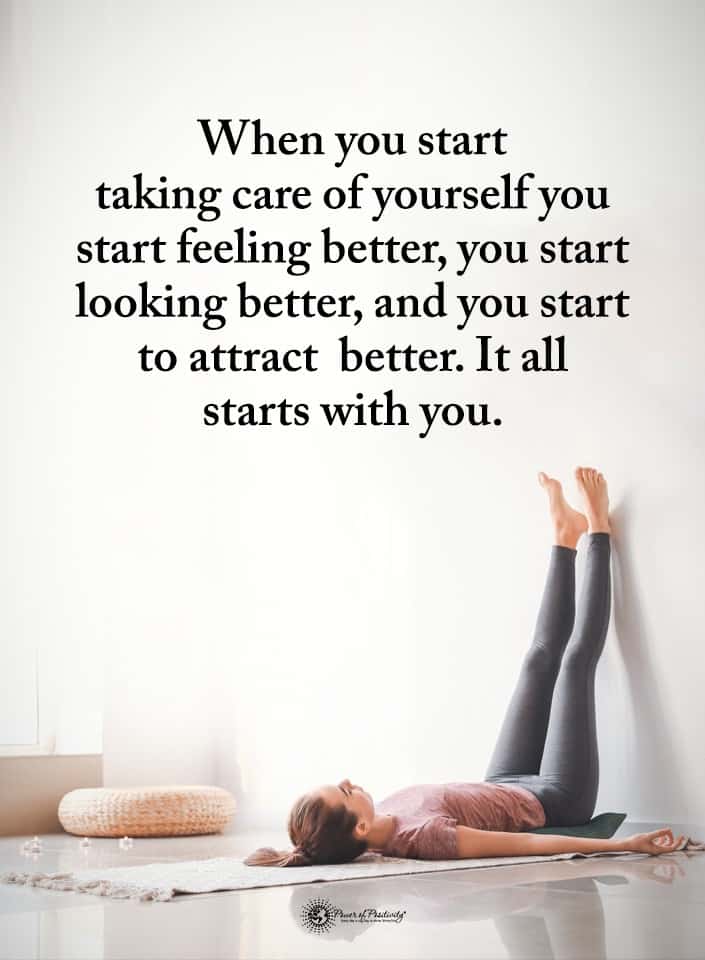
6. You Don’t Need Success
A mask of self-righteousness hides many fears and misconceptions. If you don’t enjoy the success you’ve always dreamed of, it’s easy to say it’s not essential. You try to convince yourself that you don’t need money, fame, or things to make you happy.
Some people try to hide behind religious traditions that equate poverty with morality. Yes, all the riches in the world won’t satisfy you if that’s all you value. However, denying your dreams isn’t going to bring you fulfillment either.
Do you read about financially successful people and feel like they don’t deserve it? Are gifted or famous people evil just because they have what they want? Does holding yourself back make you any better than them?
Limiting beliefs like this one doesn’t make you morally superior. It’s all about keeping your life in perspective. You can achieve your wildest dreams and still be humble, grateful, and generous.
7. It’s Too Late in My Life
Unfortunately, some aspirations are time-sensitive. Setting goals that require solid physical stamina may be too difficult as you get older. Reflect on your dreams and notice which ones you’ve crossed out because you say it’s too late.
This false perception can lead to internal anger and depression in later years. You can harbor regrets that will trouble you for the rest of your life. The good news is that you’re never too old to dream and do what it takes to see them come true.
According to an article published by the Smithsonian Art Museum, Grandma Moses didn’t start painting her masterpieces until she was 77. When you read about her and other people who succeeded later in life, you’ll be inspired. What dreams are you waiting to bring into reality?
Just because your goals may be more complicated doesn’t mean you can’t try. You may have to modify them. For example, you may not become an Olympian, but you can excel in your favorite sport.
8. It’s Too Hard
If you’re a parent, you know how frustrating it is to argue with your children to finish a task. They may pout and whine. Instead of trying, they want to avoid their responsibility by saying they can’t do it.
Such limiting beliefs aren’t inclusive to children. Countless adults offer this excuse because they’re afraid to take the first step toward their aspirations. Anything challenging or unfamiliar can be side-stepped because it’s too hard.
If everyone didn’t overcome obstacles, nobody’s dreams would come true. Approach your goals with a positive attitude and acknowledge the difficulties. Determine that you’ll do whatever it takes to achieve your heart’s satisfaction.
9. You Don’t Have Enough Resources to Overcome Your Limiting Beliefs
There’s no doubt that you’ll need money, time, and other resources for your goal plan. What if you’re living from paycheck to paycheck and own a few things? Allowing yourself to meditate on what you don’t have prevents you from working with what you have.
Consider the late tech guru and multi-billionaire Steve Jobs. He was a college dropout who started a company in his parent’s garage, according to an article posted on Sun In Me. Jobs believed in himself, and his company is now among the most successful in the world. He didn’t let his meager bank account keep him from his dreams.
Your math skills will come in handy when you’re creating a plan for achieving your dreams. If you figure that you need a certain amount of cash to buy or do something, how long will it take to save? Are there any ways you can tighten your budget to get what you need faster?
10. Good Things Only Happen to Other People
Do you ever wonder why everyone else gets the blessings instead of you? It may be raining soup, and you’re standing outside with a fork. You don’t strive to win because you consider it a waste of time.
Remember the law of attraction before you become entrenched in limiting beliefs like this. The Universe doesn’t play favorites and is just as willing to help you as anyone else. Your part is to change your attitude and affirmations.
The law of attraction isn’t tricky at all. It simply states that whatever you project into the Universe will attract the same. When you make negative affirmations like, “I never get a break,” or, “Good things only happen to others,” the Universe hears.
You attract the same negative results, so you’ll continue never getting a break or have nothing good happen. Instead, make positive affirmations that you’re a winner and your dreams are coming true. The Universe will agree, and that’s precisely what will happen.
Final Thoughts on Limiting Beliefs that Hold You Back
The only thing that can stand between you and your best life is you. Identify negative beliefs and exchange them for positive affirmations. When you have a positive attitude and use the law of attraction, your dreams can be fulfilled.




